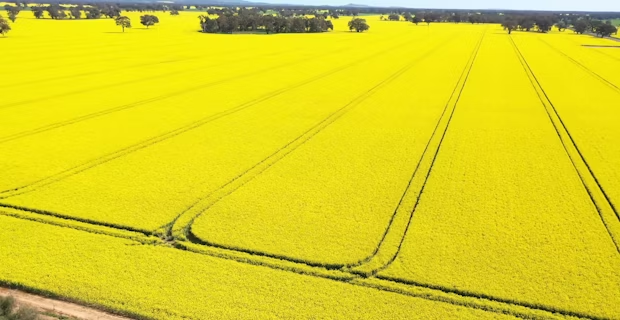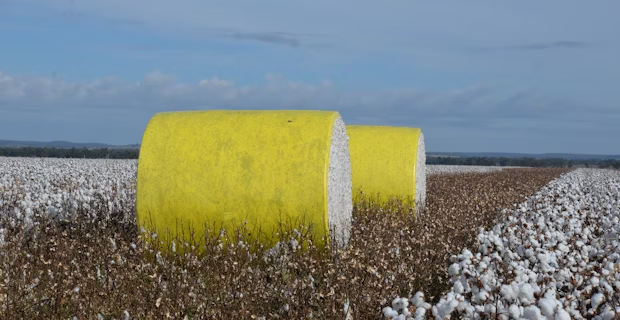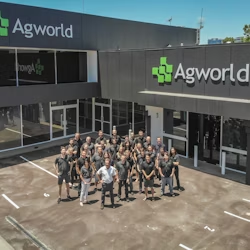While the current cropping season is still in full swing in both Australia (winter crop), the USA (summer crop) and many other countries around the world, a lot of growers are already starting to plan for their next season. While the reality of the current season’s challenges is still fresh in our minds, it’s a lot easier to apply this knowledge to future plans and ensure they are accurate and grounded in reality.
I’m sure it won’t take long after publishing until I get emails from people that have only read the title and first paragraph of this article: “Reinder, have you lost it? Planning is so important for farmers and agronomists!” And, they are correct, planning is very important indeed. My point is very clearly made by a famous statement from WWII leader and U.S. President Dwight D. Eisenhower: “Plans are useless, but planning is indispensable.”

It’s not because of the plans generated that planning is so important, but it’s the planning process itself that is so valuable for all involved. Planning should be a collaborative process between growers and their trusted advisors. The plan should draw on all available data from previous seasons in order to anticipate the impact of important variables and different scenarios. It’s only by having ‘everyone that matters’ involved in the planning process and working on the same dataset, that people can contribute their specific knowledge and help improve the process. It is the very act of planning that allows you to assess how you executed your previous season and look at ways where you can improve your efficiency or even your strategy.
Collaborative planning based on a large set of historical data would have been a difficult, time consuming, and logistically challenging process 10 or more years ago. Fast forward to 2020, and growers and agronomists can now simply adopt a digital platform that allows them to collaborate and work off the same set with a complete record of historical data.

We all know that, as soon as the season starts, conditions change and plans have to adapt to these changes. It is for this reason exactly that the planning process is much more important than the plans themselves: planning creates visibility in the available data and empowers growers and agronomists to rapidly make correct decisions that are based on data and solid analysis throughout the season.
Planning becomes your playbook. While the game might be the season and weather and pest pressure might be formidable opponents, you should still prepare and have plays and a game plan established prior to starting a game. Each job is a play and your execution of these jobs (planned or otherwise) will ultimately result in your being profitable or not, winning or losing the game.

Growers are able to keep a close eye on what is occurring in their fields during the season through live dashboards and immediately recognize the changes compared to their planning scenario. As soon as these changes materialize, they become visible through data to both the grower and their advisor and they are immediately able to act upon them and make those decisions that keep maximizing the chances of a profitable season. They can call the plays that will best manage the opponents.
For these reasons, I recommend all growers to insist on a collaborative planning process together with their agronomist and other advisors. Just writing down on a piece of paper what you’re going to do a week before planting is supposed to start, doesn’t set you up for success. Starting your planning process during the previous season, working through the different scenarios together with your advisor and basing these scenarios on as much as possible data from previous seasons, truly maximizes the chance of a successful and profitable season.

Got what it takes to join the Agworld team? We’re looking for talented individuals to help us deliver innovative solutions in agriculture.
Sure, every season will yield unexpected circumstances that call for a change of plans but, through the process of planning, you can be ready to adjust your plans in an informed way, at any time throughout the season. And the best part? Digital tools are available to make this an easy and seamless process, without the waste of paper, in which everyone can collaborate on the same dataset and maximize the benefits from previous years’ data.
This article was first published on Croplife





